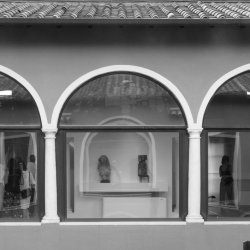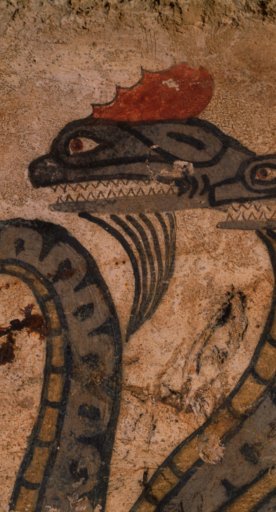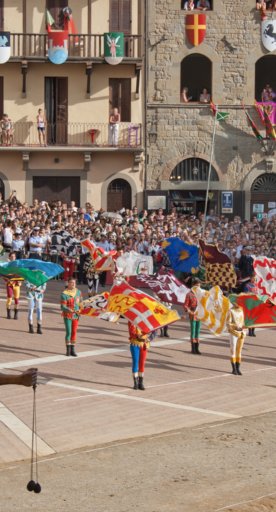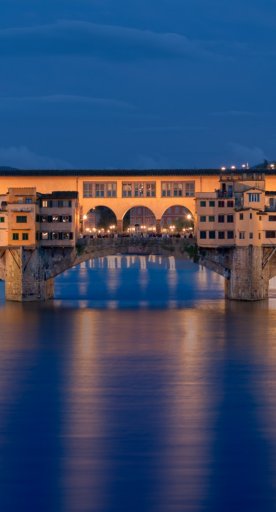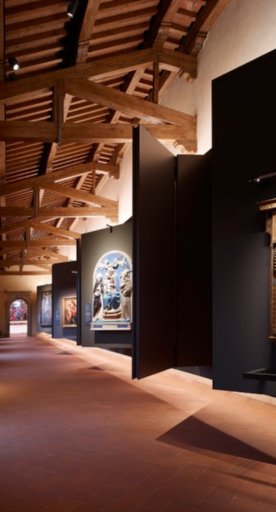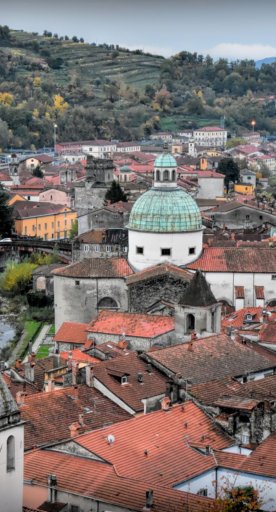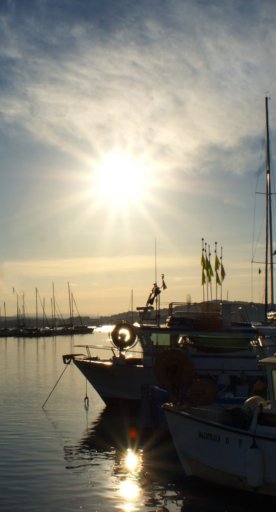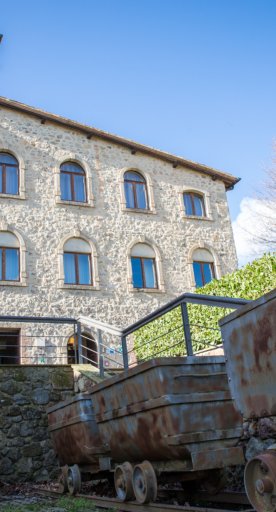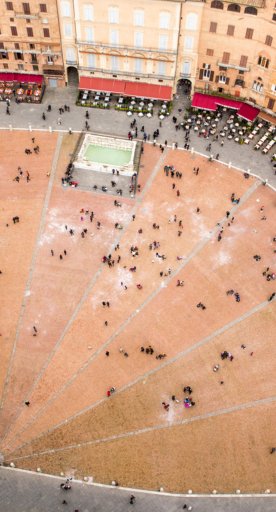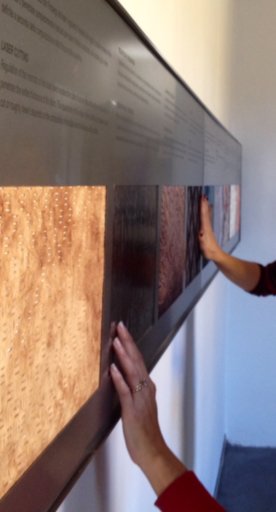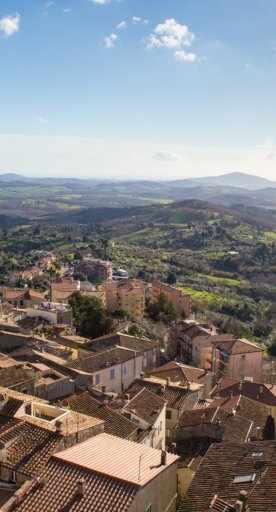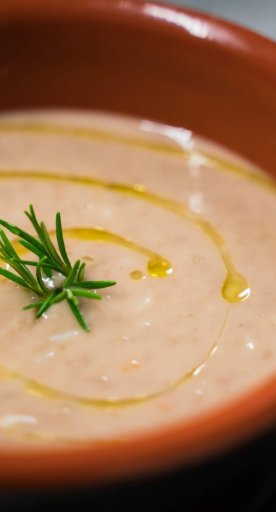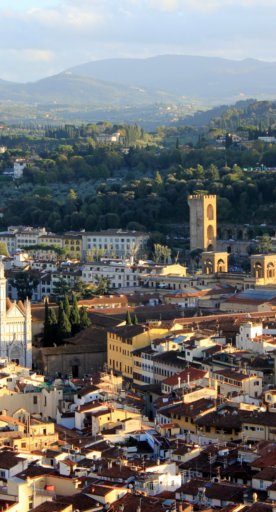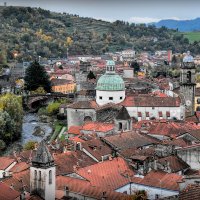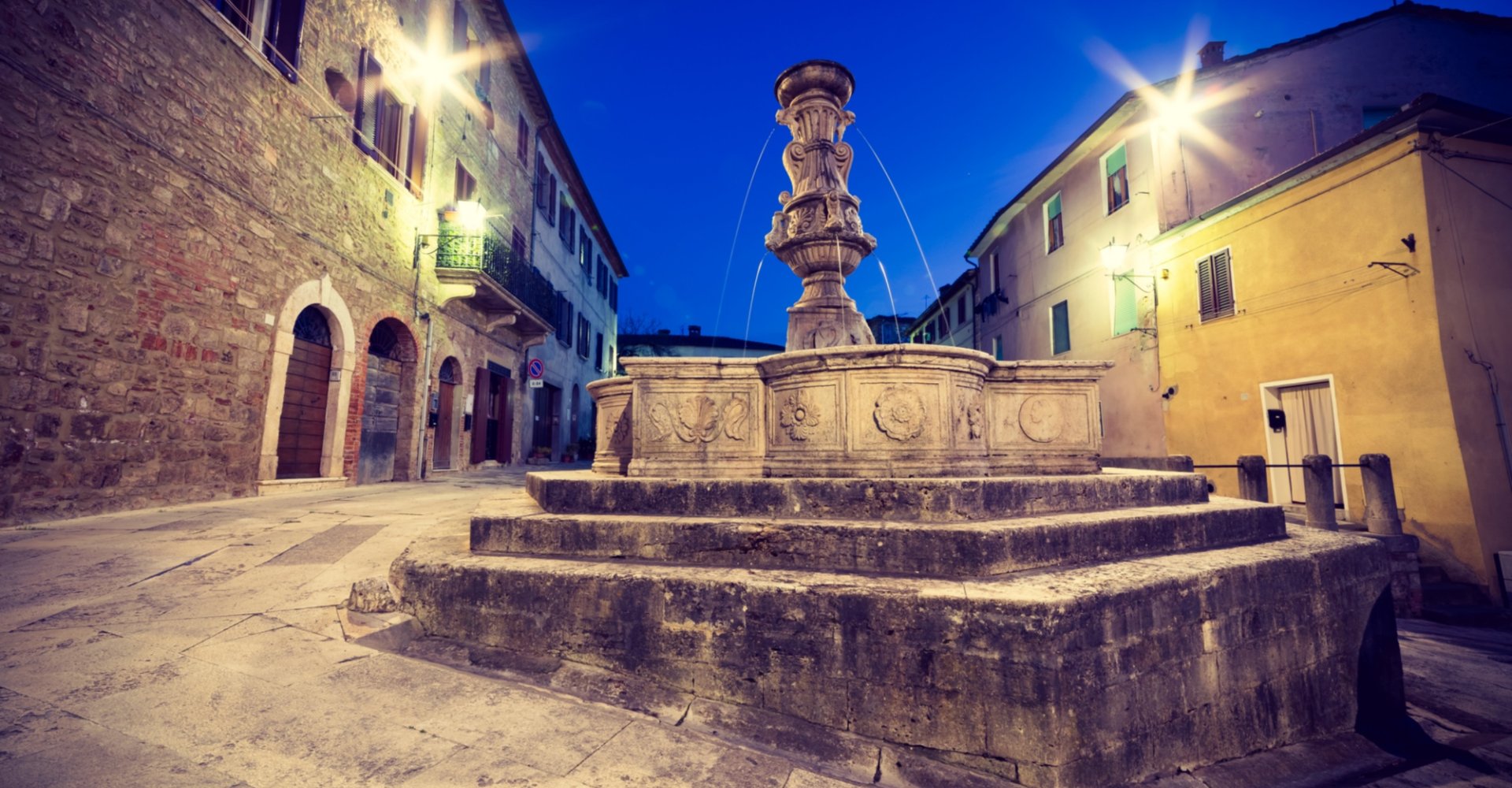

8 towns in the Siena Area
Rich cultural tradition in the villages and towns immersed in the bucolic countryside
The area surrounding Siena (known as the Terre di Siena in Italian), entices travellers with its exquisite natural beauty, historical importance and centuries of cultural and gastronomic tradition. Rolling hills lined with olive trees, medieval hamlets tucked between thermal waters, rivers and hills, all provide the perfect location for exploration, sport and leisure.
-
1.Rapolano Terme
-
2.Monticiano
-
3.Asciano
-
4.Chiusdino
-
5.Murlo
-
6.Sovicille
-
7.Monteroni d’Arbia
-
8.Buonconvento
Rapolano Terme
The spa town of Rapolano Terme lies in the Sienese mountains, not far from Palio. This magnificent settlement is situated by thermal waters, with many beneficial minerals and properties. Famously, Giuseppe Garibaldi bathed his war wounds in these waters. Today, you can visit the travertine pools of Garibaldi and the spas L'Antica Querciolaia and Terme di San Giovanni for the chance to relax in the mud pools and hydro massaging baths that look over immaculate olive fields and the tranquil countryside.
For the more active, the surrounding area of Rapolano is ideal for walking, cycling and trekking. The town of Rapolano itself is architecturally outstanding, with unique clay buildings, unlike other towns in the Siena area.
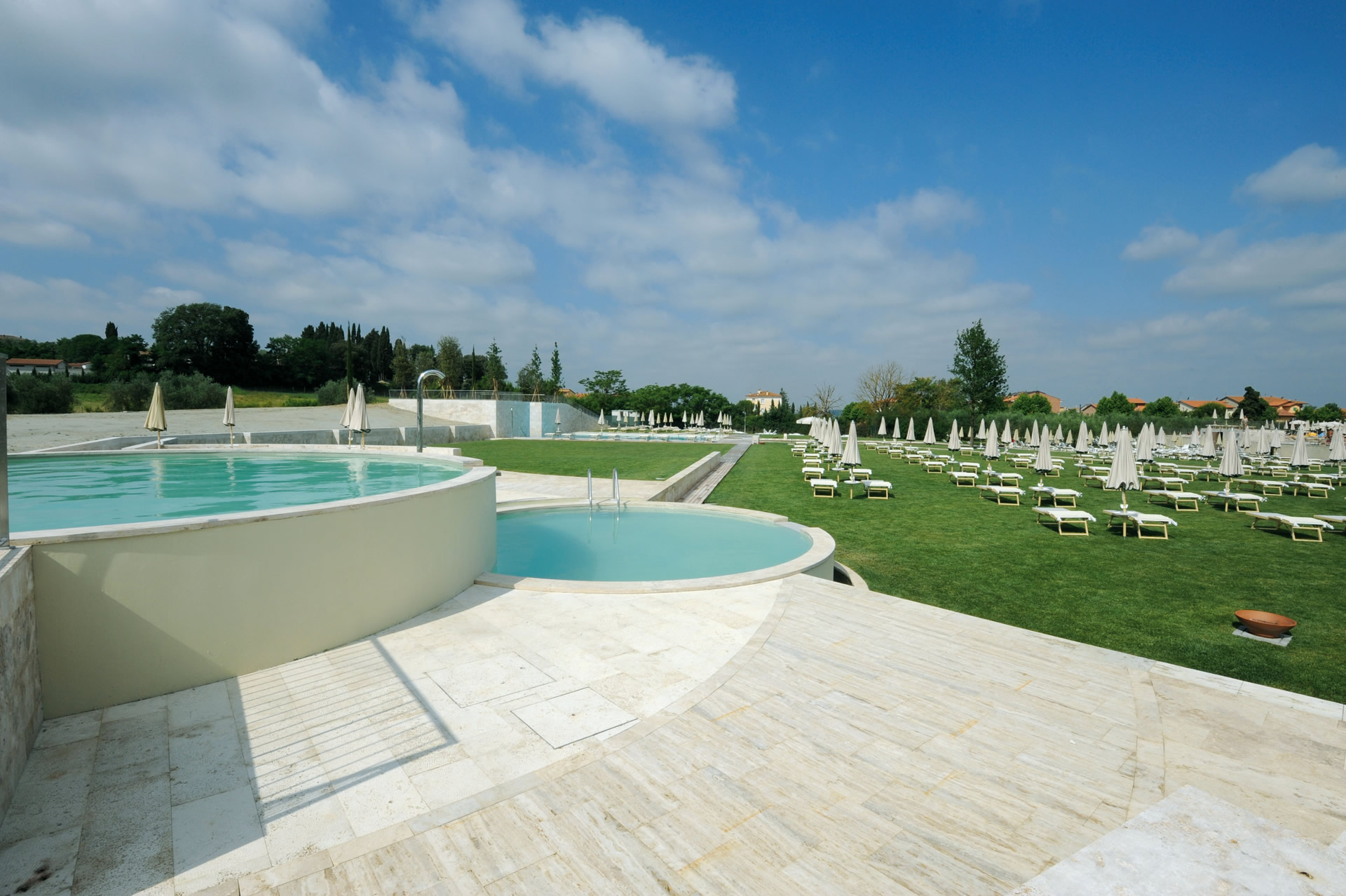
Monticiano
Monticiano is a small village on the bank of the Val di Merse, with a spectacular array of flora and fauna given that it’s nurtured by the Merse and Farma rivers. In particular, visit the two nature reserves around Monticiano, the Torrente Farma and the Upper Merse for many activities immersed in nature, including swimming: the warm Petriolo springs bear many therapeutic properties.
Other things we recommend include a visit to the Augustinian hermitage of Camerata, a popular pilgrimage destination; the village of San Lorenzo a Merse with its castle, the Church of Misericordia and the Tocchi Castle, the last outpost of the Volterra diocese that sits right on the border with Maremma.

Asciano
Situated on top of a hill in the centre of the Crete Senesi, Asciano is near the river Ombrone, and only about half an hour from Siena by train. Famous for its mix of Etruscan, Lombard and Roman settlements, you can visit many historical sites of interest. For example, the large mosaic pavement from the 4th Century AD, or the Romanesque Basilica of Sant ‘Agata.
Nearby is Monte Oliveto Maggiore, a magnificent red brick Benedictine monastery, set against the grey clay-coloured buildings of the Sienese hills. Visitors will be fascinated by the Palazzo Corboli Civic, Archaeological and Sacred Art Museum, located in a 14th century medieval building and home to many treasures such as wooden sculptures by Francesco di Valdambrino.

Chiusdino
The Lombardian settlement Chiusdino was established on top of the Metalliferous hills in the 7th century. Today, the village is known for the roofless St Galgano Abbey, one of the first and most remarkable examples of Romanesque and Gothic architecture in Italy, as well as the well-preserved medieval buildings that make up the town.
Nature lovers will adore exploring the Val di Merse National Park nearby, 12 hectares of beautiful Sienese countryside perfect for cycling, trekking, or horse-riding. If you visit this area in late August, don’t miss the famous Palla EH! historical tournament in the nearby Hamlet of Ciciano, or the ‘Summer in Music’ festival, hosted in the gorgeous San Galgano Abbey.

Murlo
Murlo is a distinctive walled medieval village which overlooks the valley of Crevole, a dense woodland located between Val di Merse and Val d’Arbia. In the surrounding Nature Reserve of Basso Merse, you can head down to the riverbed to see to meet the local wildlife, in particular otters and amphibians.
Relics tied to the Etruscan civilisation can be found in Poggio Civitate and Poggio Aguzzo, which are celebrated annually during the Bluetrusco festival. Murlo is also part of the wine cities network given that it’s an area which produces excellent wine.

Sovicille
The circular stone hamlet of Sovicille can be found in the hills of Siena. It’s a remarkable village featuring medieval towers and houses which can’t fail to impress visitors. The area is largely covered by forests meaning there are plenty of routes for an excursion in nature.
Or, you could enjoy the cultural sites to be found within the 15th century walls of the enclosed historic centre. Head slightly outside to admire the historic Parish Church of Ponte allo Spino, one of the most interesting Romanesque rural churches in Tuscany, and the neighbouring Ethnographic Museum of the Orgia Forest.

Monteroni d’Arbia
Monteroni d’Arbia sits in the heart of Tuscany. A somewhat smaller version of the famous Chianti region, Monteroni d’Arbia boasts dazzling views of poppy and sunflower fields, olive groves and vineyards. The agricultural importance of Monteroni D’Arbia is reflected in its monuments, such as the mill complex from the 1300s.
It’s also part of the Via Francigena trail, making it a popular destination for pilgrims undertaking the historic route. From August to September, the nearby hamlet of Ponte a Tressa celebrates the Fiera a Tressa, consisting of historic customs, local food and other events.

Buonconvento
Home to an abundance of outstanding architecture, Buonconvento features castles, farmhouses and villas, set against the traditional Sienese backdrop of vineyards and cyprus trees. Enclosed within a historic wall, the village has two main entrances, Porta Senese, and Porta Romana.
Don’t miss a visit to the Mezzadria Senese Museum or the Val d’Arbia Museum, which hosts Sienese Masterpieces from the thirteenth to seventeenth centuries. In the spring time, Buonconvento hosts the popular Eroica cycling event, a spectacular vintage bike race that takes place in the picturesque landscape.

Start your discovery

